The Fifth PAFFA Conference has been held in Bujumbura from this 16th to 20th September 2013. During that conference, researchers in fish and fishery field highlights some good ways of managing fish and fisheries in their studies – By Lorraine Josiane Manishatse
I f nothing is done, the majority of the population in the World and in Africa in particular, will continue to suffer from the lack of animal proteins from fish because of the demographic pressure and threat by human beings to natural resources like lakes, rivers, seas…
For Joseph Butore, the Minister of Higher Education and Scientific Research, researchers in fish and aquatic ecosystem field, always show their big concern about the situation in order to propose solutions for a good sustainable management of those resources, on which a great deal of African people depend as one of the essential animal proteins.
“In maintaining and developing aquatic resources, the Government of Burundi will contribute to promote traditional fishermen, preserve ecosystems, develop fish farming, and also improve the conservation of fishery products,” states Butore.
For Abebe Gatahim, an Egyptian and former Chairman of PAFFA, it is interesting to notice several kinds of development in the field of fish and fisheries in Africa these last decades, although there are still some imminent challenges.
“Our freshwater systems are heavily degraded and the fishery is becoming more and more excessive. The construction of dams and irrigation projects, although considered as vital for the fledgling economy of Africa, are an increasing enormous pressure on the survival of the freshwater biodiversity including fish,” indicates Abebe.
However, the trend in shifting from capture fisheries to culture fisheries has been sluggish and not motivated, coordinated and managed very well.
For Professor Gaspard Ntakimazi, the new Chairman of PAFFA, they are going to talk about conducting research on fish and fisheries from Africa during that conference, because there are several sorts of fish which haven’t been identified yet, and researchers will agree on their nomenclature. Moreover, they will deal with their living conditions and sustainable management of African fish and fisheries.
Major problems in Lake Tanganyika
According to Ntakimazi, the knowledge of existing fish in Lake Tanganyika is a big challenge. There are some parts which haven’t been explored yet, that is the case of the Congo side which is largely unexplored.
“Concerning Burundi side, we have got progress in recent years; I think that we will not find other new species because we have explored the lake enough,” he praises.
However, the other challenge is to know how to manage the existing stock whereas the demand is too great. Prof. Ntakimazi highlights that among countries which have access to Lake Tanganyika, Burundi is the first one which pollutes and exploits it most.
“At the southern part of the lake i.e. Congo and Tanzania sides, it is less exploited in contrast to the Zambian side which is also exploited very much,” he explains.
It is worth mentioning that fish need a perfect environment to reproduce and multiply as well as a clean and safe milieu like shores where they have nice vegetation for their good reproduction and growth. They always like an ideal habitat which doesn’t disturb them.
“On the side commonly called “Cercle Nautique” there used to be an important quantity of fish, but now they have considerably decreased or even disappeared due to pollution and anarchic exploitation made by humans,” regrets Ntakimazi.
…we are not decision makers, we give information …
He indicates that their objective is to make research about fish and fisheries, and results are given to inform and advice the Government to take appropriate measures for the conservation and sustainable management of fish and fisheries.
“In fish-farming for example, we can advise the Ministry of Agriculture and Livestock, indicating some kinds of fish found in some areas and appropriate milieus and periods for fishing depending on the abundance of fish. Furthermore, we can also propose the number of fishermen and quality of fishing nets,” he highlights.
According to him, they also inform and explain the situation of African rivers and lakes through scientific publications to fish and fishery managers thanks to their research.

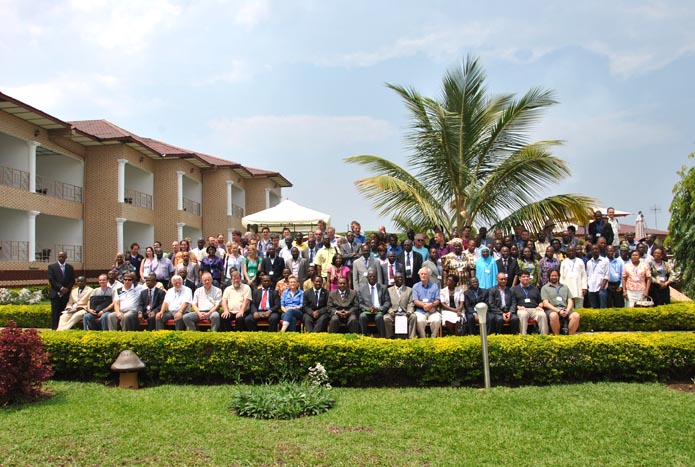
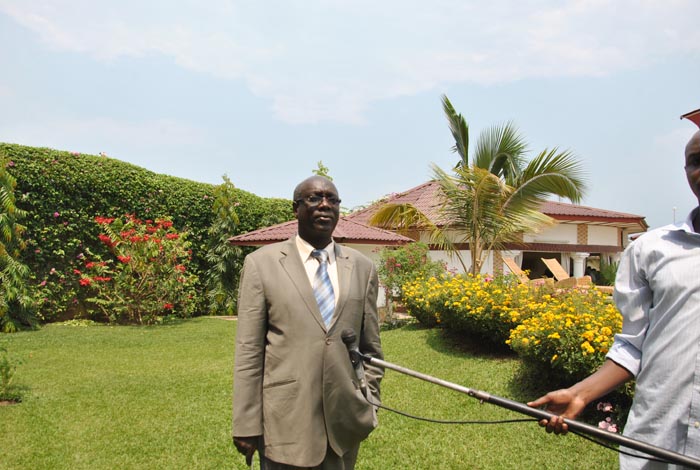
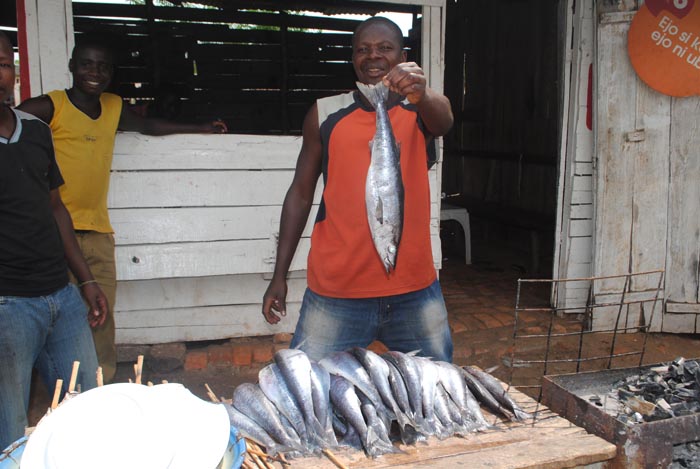
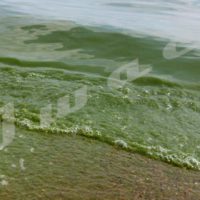
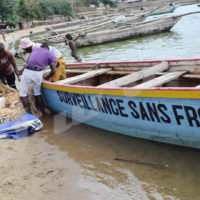
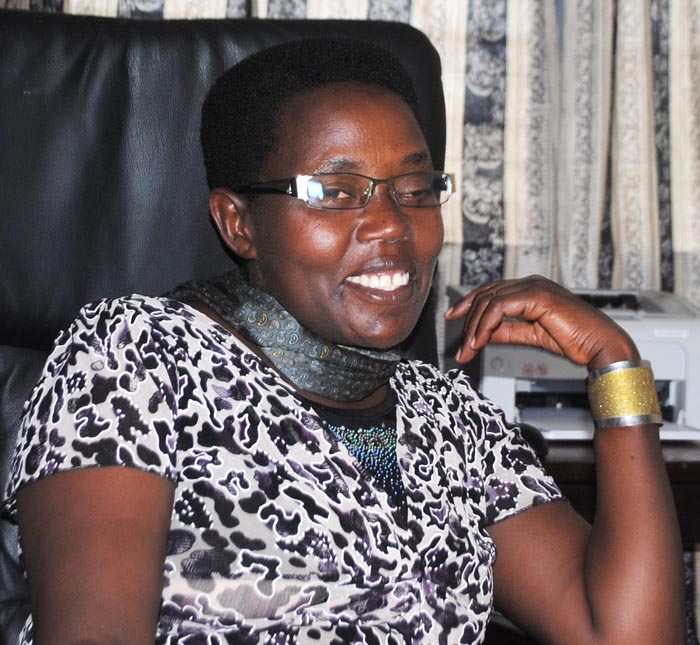













 IWACU Open Data
IWACU Open Data

